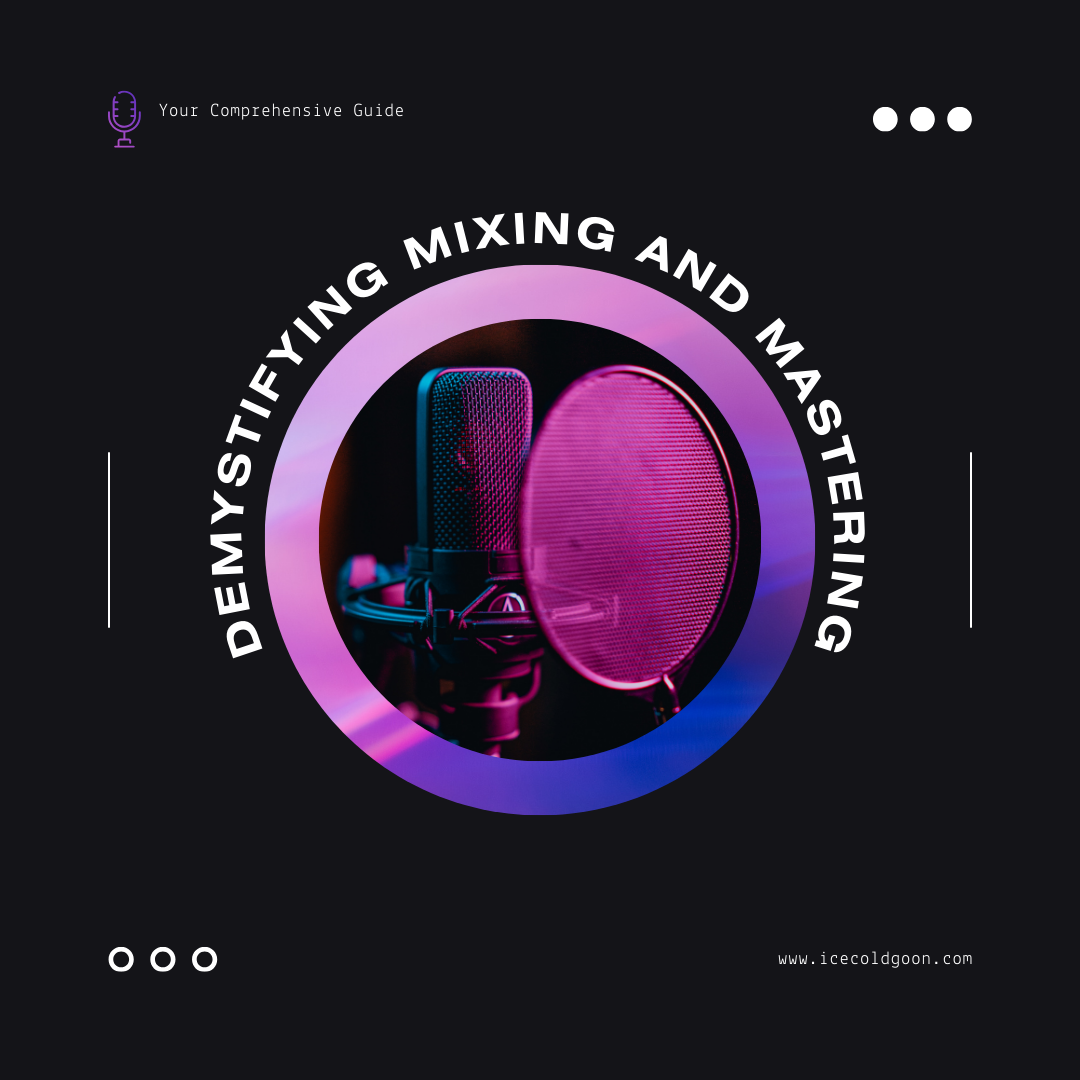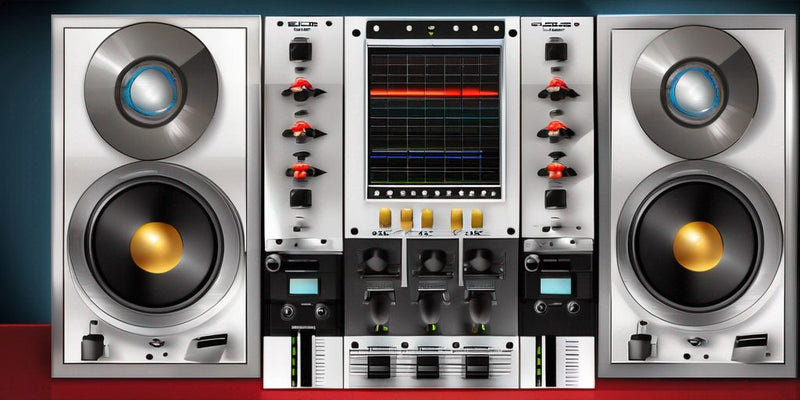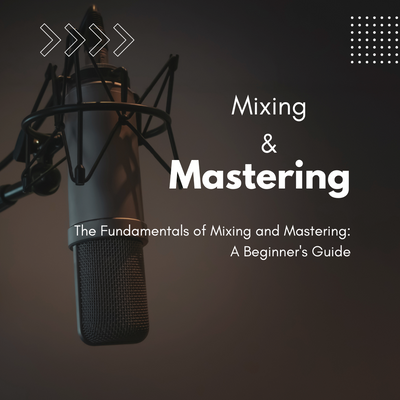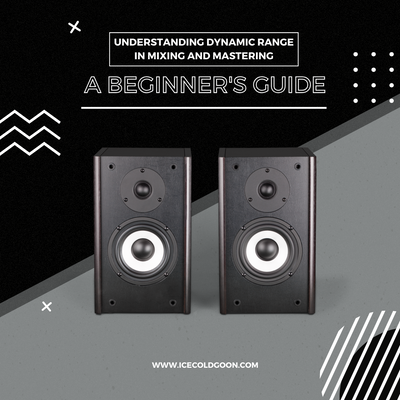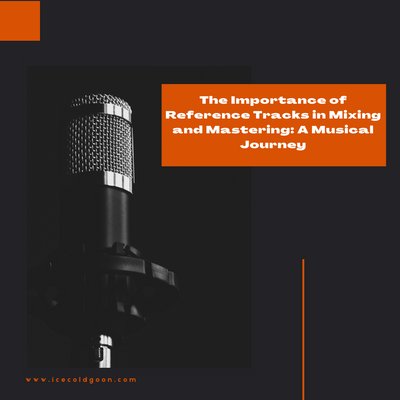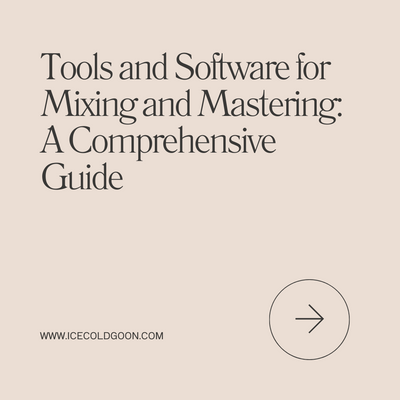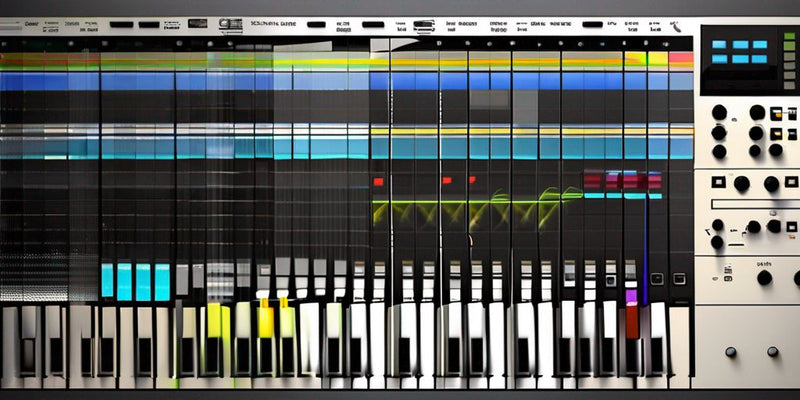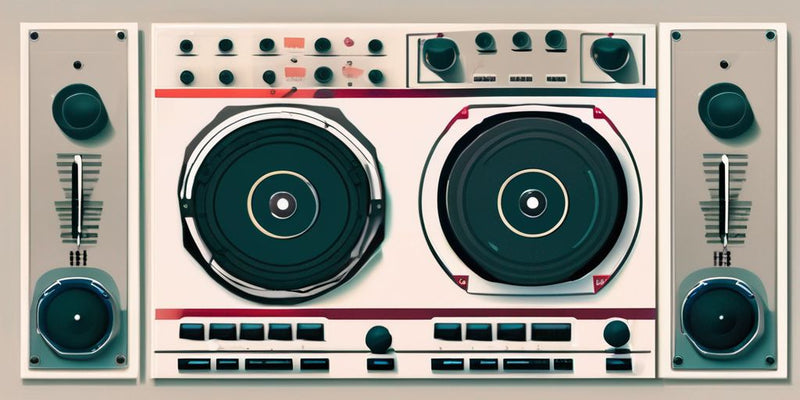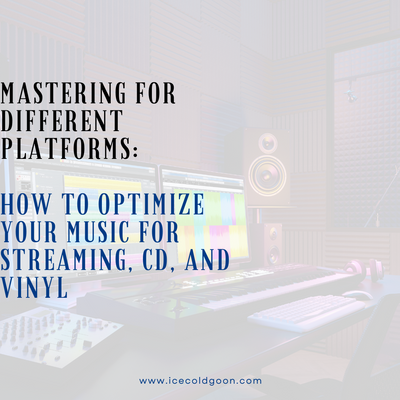Have you ever wondered what goes on behind the scenes to make your favorite songs sound so good? What's the difference between mixing and mastering? How can you improve your own music through these processes? This comprehensive guide will answer these questions and provide valuable insights into mixing and mastering.
What is Mixing and Mastering?
What is Mixing in Music Production?
Mixing combines individual tracks, including vocals, instruments, and effects, into a cohesive and balanced audio file. It's the stage where you make creative decisions about the placement of elements, adjust volume levels, apply EQ, and craft the overall sound.
What is Mastering in Music Production?
Mastering is the final step in the production process. It involves preparing the mixed track for distribution by enhancing its overall sonic quality, ensuring consistency across playback systems, and applying final touches to achieve clarity, loudness, and a professional sound.
Mixing vs. Mastering: What's the Difference?
How Does Mixing Differ from Mastering?
Mixing focuses on individual tracks, aiming to create a balanced and well-blended composition. It's about crafting the sonic landscape, adjusting levels, panning, and applying effects.
Mastering, on the other hand, addresses the entire mix. It's the last opportunity to polish the sound, emphasizing the collective aspects of a song. This includes optimizing loudness, ensuring the mix translates well across various devices, and refining the sonic character.
Frequently Asked Questions about Mixing and Mastering
What Are Some Essential Tips for Mixing?
- Balance is Key: Ensure that no single element overpowers the others. Adjust the volume levels to create harmony and clarity.
- Utilize EQ: Equalization is a powerful tool to shape the frequency response of each track. Cut unnecessary frequencies and boost or attenuate specific ranges.
- Apply Compression Wisely: Compression helps control the dynamic range. Use it to smooth out peaks and maintain consistency in levels.
- Monitor in Mono: Listen to your mix to ensure it sounds good on all playback systems.
- Reference Tracks: Compare your mix to professionally produced tracks in your genre to ensure they meet industry standards.
Can I Mix and Master My Music Myself?
Yes, you can! You can handle mixing and mastering independently with the proper knowledge and software. Many musicians and producers do it themselves to have complete creative control. There are plenty of tutorials and resources available to help you get started.
What if I Prefer Professional Mixing and Mastering Services?
Many artists opt for professional services because they offer expertise, state-of-the-art equipment, and an unbiased ear. Professionals can elevate your music to a higher level. Working with experts can be a wise choice if you're looking for a polished and industry-standard sound.
What's the Difference Between Mixing an Album and a Single?
Mixing an album involves balancing and blending multiple tracks to create a cohesive listening experience. It's about ensuring the entire album flows smoothly and maintains consistency in sound.
Mixing a single, on the other hand, focuses on a single song without considering how it fits into a broader context. The goal is to make that single track sound the best it can.
How Can I Get Started with Mixing and Mastering?
Starting with mixing and mastering is a rewarding journey. You can begin by acquiring the necessary software, learning the basics through tutorials, and experimenting with your music. Don't be afraid to make mistakes; they're a crucial part of learning.
Mixing and mastering are the secret ingredients that turn a raw recording into a polished masterpiece. While they may seem mysterious initially, you can develop the skills and knowledge to take your music to the next level with time and practice. Whether you choose to DIY or seek professional help, understanding the processes involved is crucial in your music production journey. So, embrace the world of mixing and mastering and let your creativity shine through.

